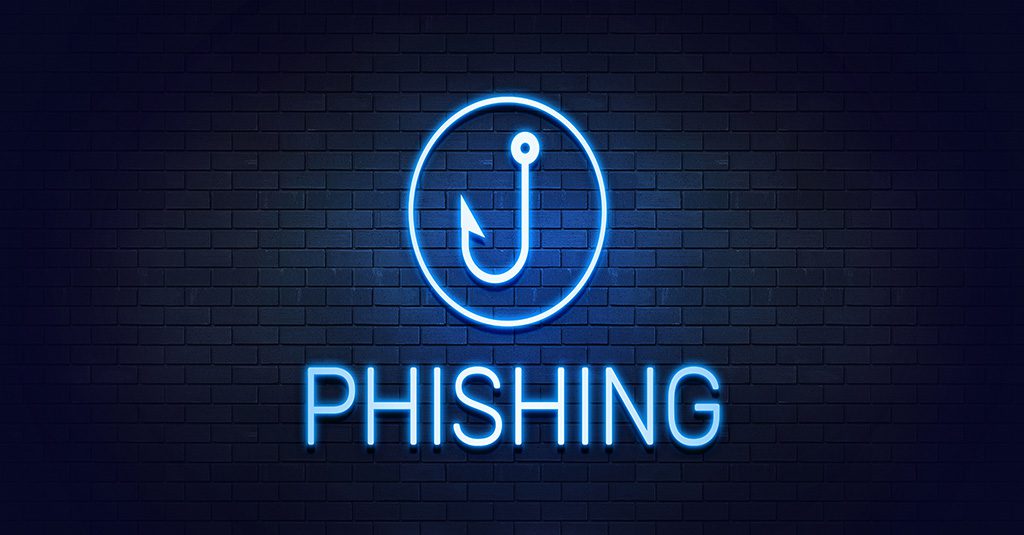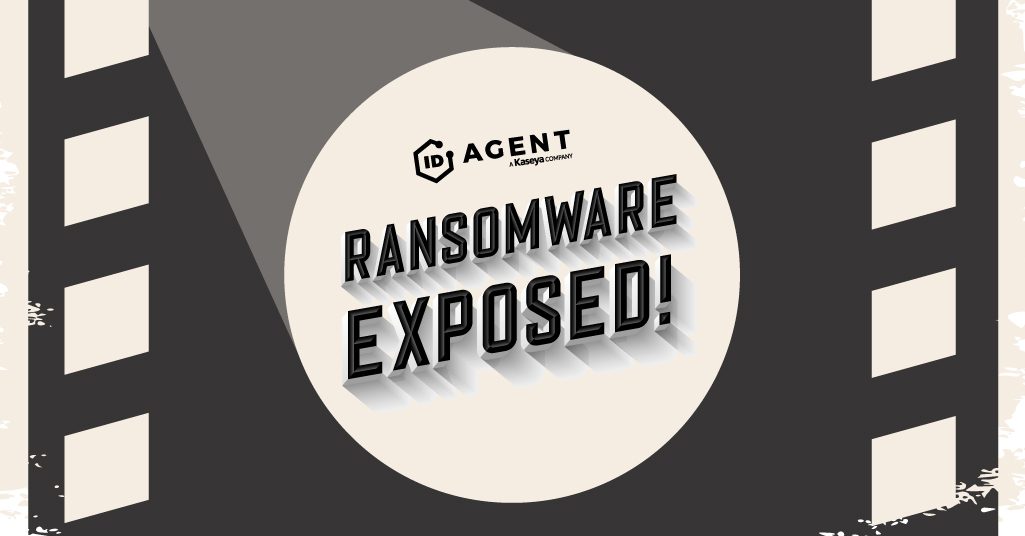How Easy is It Ro Spot an Insider Threat
These 10 Facts About Insider Risk Can Help You Avoid Trouble!
Security is a team sport. But how can an organization be sure that everyone is committed to victory – or even playing for the same team? The actions that employees take every day have an enormous impact on the security of a company's IT environment. Employee mistakes like mishandling data or getting conned by a phishing email can accidentally open your business up to trouble like ransomware, account takeover, business email compromise and other cyberattacks.
But problematic employee actions aren't always accidental. Sometimes they're deliberate acts of sabotage. Malicious insiders could be hiding inside an organization, ready to sell their credentials or company data for the right price – and in tough economic times, some employees will be unable to resist the lure of making easy money on the dark web. Learning to detect and mitigate insider risks is essential for security success. Whether they intend to harm an organization or not, choices that employees make can be the difference between a company thankfully avoiding a cyberattack or reeling from a cybersecurity disaster.

Get ready to pack your bags for Connect IT 2022! Join us June 20-23 in Las Vegas for the industry's premier event! REGISTER NOW>>
How Much of a Problem is Insider Risk for a Business?
No business is immune from the danger of insider risk, even just due to human error. Every business that handles data or operates digital systems is at risk of an insider incident that impacts their security, and that risk is growing.
10 Shocking Facts About Insider Risk
- Insider risk is up by more than 40% in 2021
- More than 60% of cyberattacks are attributed to insiders
- An estimated 55% of organizations say privileged users are their greatest insider threat risk
- More than 2 out of 3 insider threat incidents are caused by negligence
- Negligent employees create over 60% of security incidents
- More than 80% of data breaches involve a human element
- About 60% of organizations say insider incidents have become more frequent in 2021
- 32 million workers or 22% of Americans will be permanently working remotely by the year 2025
- Over 65% of accidental insider threats come from phishing attacks
- The average global cost of insider threat has increased by over 30%
Excerpted in part from our eBook The Guide to Reducing Insider Risk. DOWNLOAD IT NOW>>

Learn how to ward off the terrifying monsters of cybersecurity to keep systems and data safe in a dangerous world! READ IT IF YOU DARE!>>
Defining Insider Risk
Before we look at how to mitigate insider risk, it's important to know what that risk is and who might contribute to it.
Insider Risk
An insider is someone within an organization. An insider risk comes from the actions that employees take around cybersecurity that impact company systems and data.
Malicious Insider
Employees who intend to deliberately harm a business. Malicious insiders cause massive damage quickly by taking harmful security actions like stealing company secrets, selling access to a company's network or deploying ransomware.
Accidental/Non-Malicious Insider
Average employees who don't take action to cause harm intentionally. Instead, these employees harm security through negligence or error. Unfortunately, errors can be just as devastating to your company as intentional sabotage.

Can you spot a phishing email? This infographic shows you how to detect one! DOWNLOAD IT>>
Handling Malicious Insider Risk
How Does an Employee Become a Malicious Insider?
No one ever wants to believe that someone on their team is there to do more harm than good. However malicious insider actions are responsible for an estimated 25% of confirmed data breaches. Determining their motivations can shed light on why an employee might become a malicious insider.
The Top Motivations for Malicious Insiders
- An estimated 70% of malicious insider breaches are financially motivated, chiefly through employees selling credentials or access to systems and data on the dark web.
- A scary 25% of malicious insider incidents are motivated by espionage or theft of intellectual property, like selling formulas, stealing sensitive data or disclosing company secrets.
- Around 4% of malicious insider incidents are caused by angry employees who want to damage the company. They sometimes choose to do that by deploying ransomware or deleting data.
Source: 2021 Verizon Data Breach Investigations Report
The Top Departments for Malicious Insiders to Target
- Finance (41%),
- Customer Success (35%)
- Research and Development (33%)
Source: Swiss Cybersecurity Forum
The Top Malicious Insider Actions
- 62% exfiltrating data
- 19% privilege misuse
- 9.5% data aggregation/snooping
- 5.1% infrastructure sabotage
- 3.8% circumvention of IT controls
- 0.6% account sharing
Source: Statista

The Guide to Reducing Insider Risk can help IT pros stop security incidents before they start! GET IT>>
Handling Accidental Insider Risk
How Do Employee Actions Generate Risk?
As long as human beings are doing the work at a company, they'll make missteps. While some accidental insider risk can be chalked up to the cost of doing business, other factors can be controlled – and smart businesses are making that a priority.
How to Spot a Non-Malicious Insider Threat
These employee behaviors make it more likely that you'll have an accidental insider threat turn into a damaging cybersecurity incident.
- Sharing passwords, especially privileged passwords
- Reusing, recycling, never changing or writing down passwords
- Careless data handling like frequently sending sensitive data to the wrong recipient
- Fear of asking for help or clarification around possible threats like phishing
- Threats of termination if an employee makes a mistake
- Lack of support in enforcing security protocols
- Ignorance of common threats due to lack of security awareness
- Too little training in proper security protocols
- Time pressures that up the chance for a mistake
- No security culture within an organization

Is someone's behavior suspicious? Learn to spot trouble fast with 5 Red Flags That Point to a Malicious Insider at Work. DOWNLOAD IT>>
Smart Solutions to Mitigate Insider Risk
Prevent Credential Misuse with Secure Identity and Access Management from Passly
It's easy to reduce the chance that someone will enter your systems and access your data with a stolen or purchased password when you streamline access. Gain strong protection against password-related insider risks with Passly.
Multifactor Authentication – Using this single mitigation reduces a company's chance of having a password-related security breach by 99%. It's also a best practice and a requirement for compliance in many industries.
Single Sign-On – Access point control is easier when a company reduces the number of user profiles and permissions that have to be maintained in applications by creating one central access point for every user.
Rapid Response Capability – Give IT staff the tools that they need to quickly isolate a compromised user account and respond to access emergencies anytime, anywhere with secure shared password vaults.
Build Better Habits with Security Awareness Training Using BullPhish ID
The bedrock of a strong security culture is security awareness. Teach employees to spot and stop security threats like phishing, credential compromise and ransomware and improve compliance with industry requirements and security best practices in the way that's right for every unique business with BullPhish ID.
- Choose from hundreds of pre-made phishing simulation kits and video security lessons in 7 languages
- Customize phishing kits and videos to simulate specialized industry threats in a flash
- Automate delivery through a user-friendly personalized delivery portal for each user
- Measure effectiveness with built-in quizzes and simple automated reports
- New phishing kits and security lesson videos are added monthly
Watch for Malicious Insider Trouble with Dark Web ID
Keep an eye on the dark web to find out when company credentials appear in a dark web market, like if a malicious insider decides to sell their password on a dark web forum, when you guard against credential compromise with the power of Dark Web ID.
- Get powerful 24/7/365 human and machine-powered monitoring of business and personal credentials, including domains, IP addresses and email addresses
- Find compromised credentials immediately with dark web scans to find and eliminate vulnerabilities.
- Leverage out-of-the-box integrations with popular PSA platforms, for a fast, frictionless alerting and mitigation process, so you never miss a security event.
- Deploys in minutes and gets to work immediately, with SaaS or API options available and no additional hardware or software to install
Our customers agree that ID Agent's solutions offer amazing quality and value. Schedule a demo today.

See how ransomware really works, who gets paid & what's next in our tell-all Ransomware Exposed! DOWNLOAD IT>>

kitamuramaugh1943.blogspot.com
Source: https://www.idagent.com/blog/10-shocking-facts-about-insider-risk-plus-how-to-spot-stop-it/
0 Response to "How Easy is It Ro Spot an Insider Threat"
Post a Comment